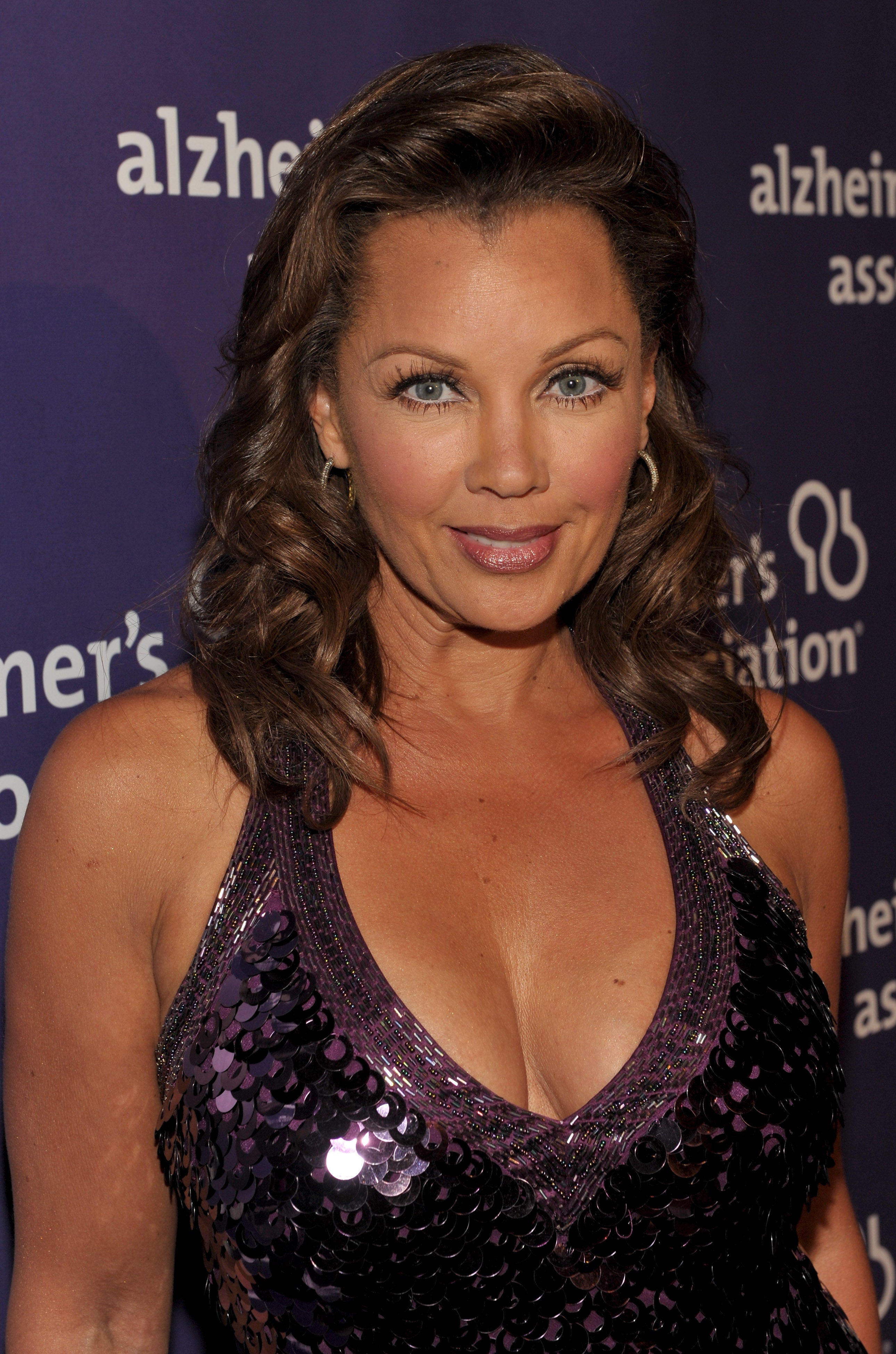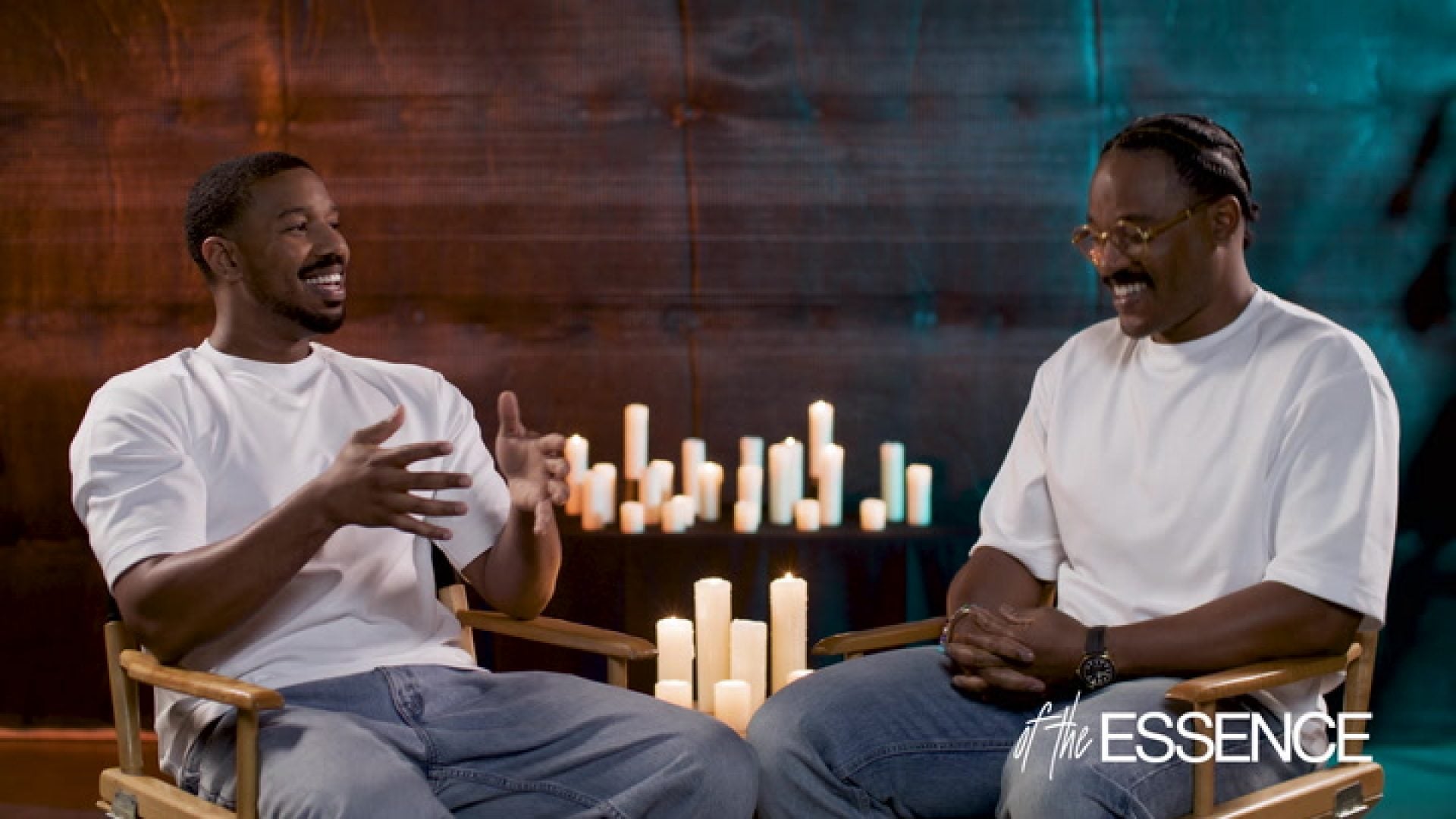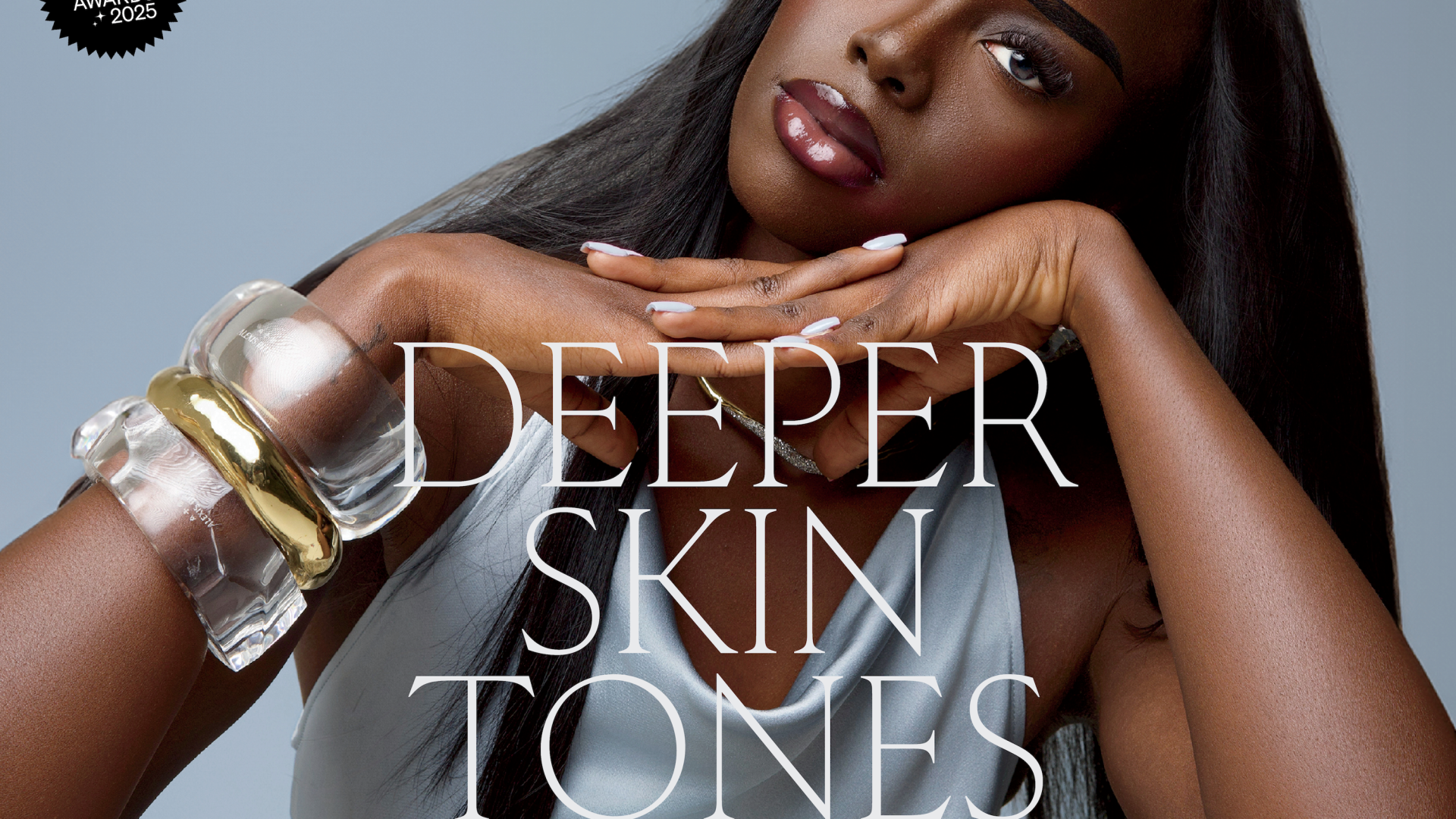
While many applauded Williams for coming forward, others were critical, wondering why she waited so long, whether she was telling the truth, or, even more curiously, whether her story was worth telling. “I don’t see why telling what happened is even necessary,” a commenter wrote on one site I visited. “If the abuse never stopped you from being successful then it’s not worth rehashing.”
Oh, yes it is. Sexual abuse is a gargantuan issue for African-Americans, one that too often we sweep under the rug. Studies say that one in four women and one in six men have been abused as children in our communities. Over the years, we’ve heard numerous celebrities — from Mary J. Blige to Mo’Nique to Tyler Perry — confess they’ve been victims of childhood abuse. And though each confession is met with a similar mixture of sympathy and skepticism, there’s also an outpouring of people who found the courage to finally tell their own stories if only because someone they identified with was courageous enough to do the same.
In my book, A Belle in Brooklyn, I wrote in detail about being sexually assaulted in my early 20s by someone I trusted, a mentor. The next morning, I confided in an elder I trusted and he told me, “Take a look in the mirror, the person you see standing there is the one to blame.” After that, I felt profoundly guilty and ashamed, as if I had brought the experience on myself. It was said to shut me up, but I didn’t — really, couldn’t. I kept telling my story to almost anyone who would listen. That first person may have turned his back on me, but many others didn’t. Many others offered comfort, support, and many — too many — similar stories of their own.
I’m yet to become comfortable talking about being assaulted, but I know my silence would only serve to empower abusers. When I speak to groups of young women at colleges and universities, I make a point to push aside my awkwardness and keep speaking up anyway. Each time, I feel the energy shift in the room, and know there are people who share a similar story. The audience often falls into an uncomfortable silence, and they’re quick to push me along to the next topic. But without fail, after each event, when there’s a long line of women wanting to ask questions one-on-one, there are young ladies who confess that as children and young adults, they were abused, often by people they trusted. Sometimes I’m the first person they’ve told, the first they think will care, the first to tell them, “It’s not your fault.” This shouldn’t be the case.
It’s imperative that people who have been abused speak out when they are ready, whether that’s coming forward the day it happens or decades later. There is no expiration date or perfect window of opportunity to address this issue — if not to free yourself from shame and the burden of carrying a daunting secret, then so as a community we can actively confront the problem of sexual abuse and protect our children.
For more about Vanessa L. Williams and her moving memoir, check out the May 2012 issue of ESSENCE magazine.
Demetria L. Lucas is the author of “A Belle in Brooklyn: The Go-to Girl for Advice on Living Your Best Single Life” (Atria), in stores now. Follow her on Twitter @abelleinbk





